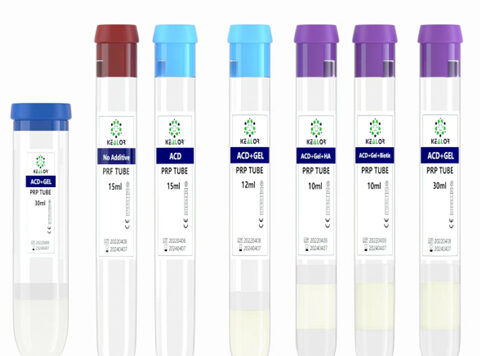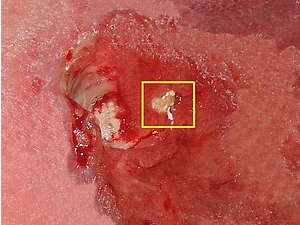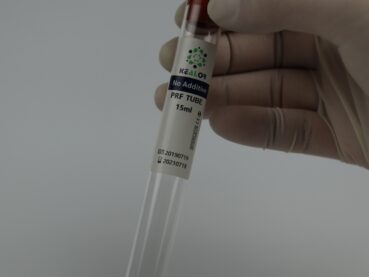Platelet-rich plasma (PRP) therapy has become increasingly popular in recent years as a treatment for a variety of conditions, including sports injuries, osteoarthritis, and wound healing. One of the critical steps in preparing PRP is the addition of an anticoagulant to prevent blood from clotting during processing. Two commonly used anticoagulants for PRP preparation are 3.8% citrate and ACD-A. But which one is better?
3.8% Citrate is a widely used anticoagulant for PRP preparation. Citrate works by binding to calcium ions in the blood, which are essential for blood clotting, thereby preventing clot formation. This allows for the isolation of platelets from other blood components. However, citrate can inhibit platelet activation, which is necessary for the release of growth factors and other bioactive molecules from the platelets.
ACD-A (acid-citrate-dextrose formula A) is another anticoagulant commonly used in PRP preparation. It contains citrate, as well as citric acid, dextrose, and sodium chloride. ACD-A has been found to be effective in preventing clotting and maintaining platelet function and activation during processing. It also provides a more stable environment for the growth factors and other bioactive molecules in PRP.
Several studies have compared the efficacy of 3.8% citrate and ACD-A as anticoagulants for PRP preparation. A study published in the Journal of Orthopaedic Surgery and Research found that PRP prepared using ACD-A had a higher concentration of platelets and growth factors compared to PRP prepared using 3.8% citrate. Another study published in the Journal of Sports Medicine and Physical Fitness found that PRP prepared using ACD-A had a higher concentration of platelets and a better activation profile than PRP prepared using citrate.
Overall, ACD-A has been shown to be a more effective anticoagulant for PRP preparation than 3.8% citrate. It maintains platelet function and activation during processing and provides a more stable environment for the growth factors and other bioactive molecules in PRP. However, it is important to note that the choice of anticoagulant may depend on the specific requirements of the PRP therapy and the preferences of the healthcare provider. It is recommended to consult with a medical professional or healthcare provider to determine the best anticoagulant for PRP preparation.








